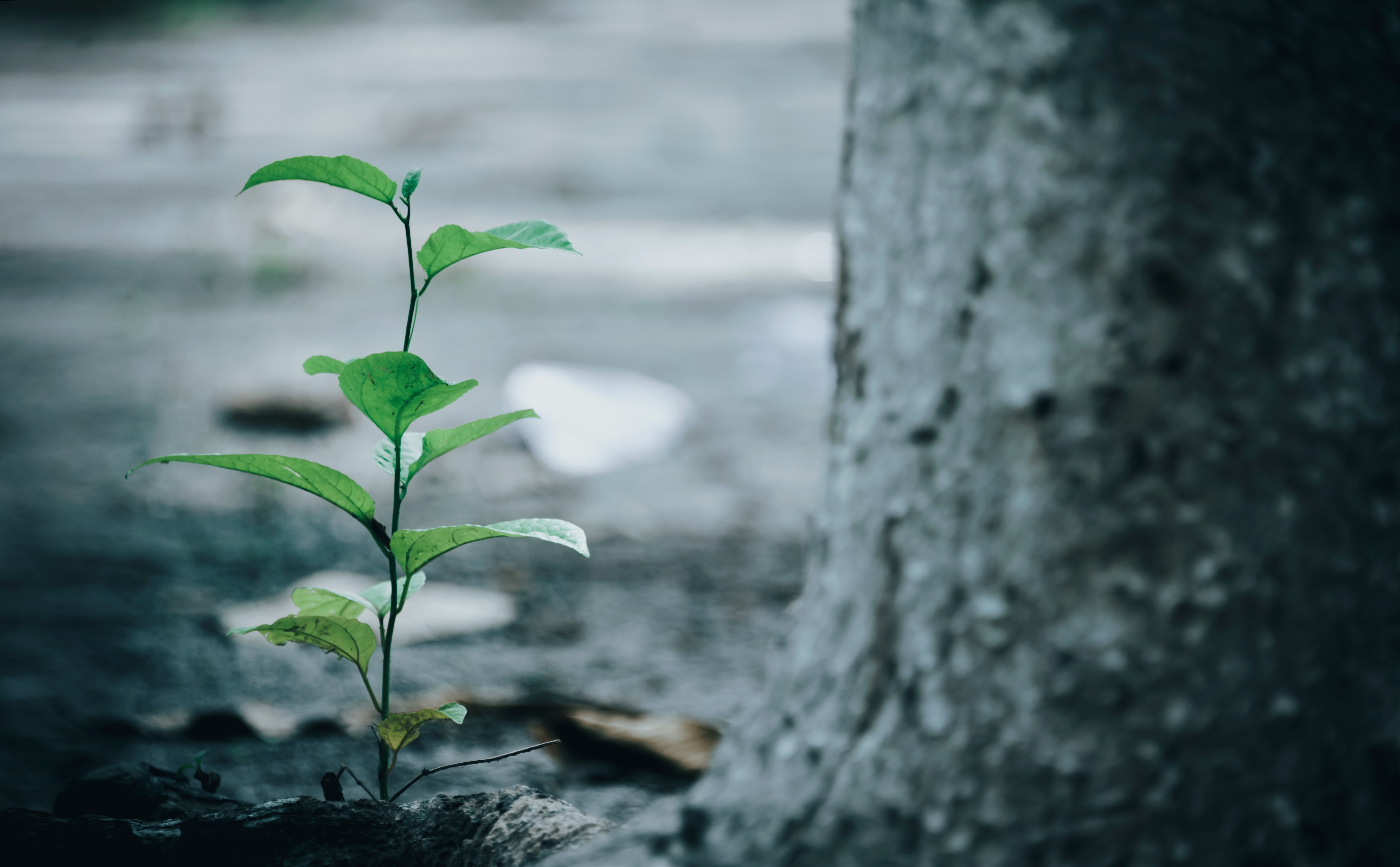Environmental Humanities Colloquium: “Salvage: Experiment, Engagement and the Environmental Humanities”
Allison Carruth, associate professor of English at the University of California-Los Angeles and the Anschutz Distinguished Fellow in the Princeton American Studies Program, will present “Salvage: Experiment, Engagement and the Environmental Humanities,” at 4:30 p.m. Wednesday, Dec. 4, in East Pyne, Room 111.
Carruth will draw upon the environmental humanities to propose a reinvention of the liberal arts that actively engages with the crises of our time. With Bruno Latour’s query, “Why has critique run out of steam?” as her point of departure, Carruth will outline a method of sociocultural and ecological salvage that integrates history, rhetoric and aesthetics with trial-and-error practices of experiment and making, including policymaking.
Carruth is the final speaker in the Fall 2019 Environmental Humanities Colloquium sponsored by the Princeton Environmental Institute (PEI). Additional speakers and dates in this series are:
Sept. 25
“Once Upon a Tomorrow”
Meera Subramanian, Currie C. and Thomas A. Barron Visiting Professor in the Environment and the Humanities, Princeton University
Oct. 16
“Humans as Acquired Taste: Thoughts on the History of an Idea”
Jacob Dlamini, Assistant Professor of History, Princeton University
Nov. 13
“A Woman of Many Masks: Alice Sheldon as Climate-Fiction Pioneer and Anthropocene Prophet”
Iain McCalman, Professor Emeritus of History, University of Sydney
- This event has passed.
Environmental Humanities Colloquium: “Salvage: Experiment, Engagement and the Environmental Humanities”
Wed, Dec 4, 2019 ・ 4:30 PM - 6:00 PM
East Pyne, Room 111


Allison Carruth, associate professor of English at the University of California-Los Angeles and the Anschutz Distinguished Fellow in the Princeton American Studies Program, will present “Salvage: Experiment, Engagement and the Environmental Humanities,” at 4:30 p.m. Wednesday, Dec. 4, in East Pyne, Room 111.
Carruth will draw upon the environmental humanities to propose a reinvention of the liberal arts that actively engages with the crises of our time. With Bruno Latour’s query, “Why has critique run out of steam?” as her point of departure, Carruth will outline a method of sociocultural and ecological salvage that integrates history, rhetoric and aesthetics with trial-and-error practices of experiment and making, including policymaking.
Carruth is the final speaker in the Fall 2019 Environmental Humanities Colloquium sponsored by the Princeton Environmental Institute (PEI). Additional speakers and dates in this series are:
Sept. 25
“Once Upon a Tomorrow”
Meera Subramanian, Currie C. and Thomas A. Barron Visiting Professor in the Environment and the Humanities, Princeton University
Oct. 16
“Humans as Acquired Taste: Thoughts on the History of an Idea”
Jacob Dlamini, Assistant Professor of History, Princeton University
Nov. 13
“A Woman of Many Masks: Alice Sheldon as Climate-Fiction Pioneer and Anthropocene Prophet”
Iain McCalman, Professor Emeritus of History, University of Sydney







